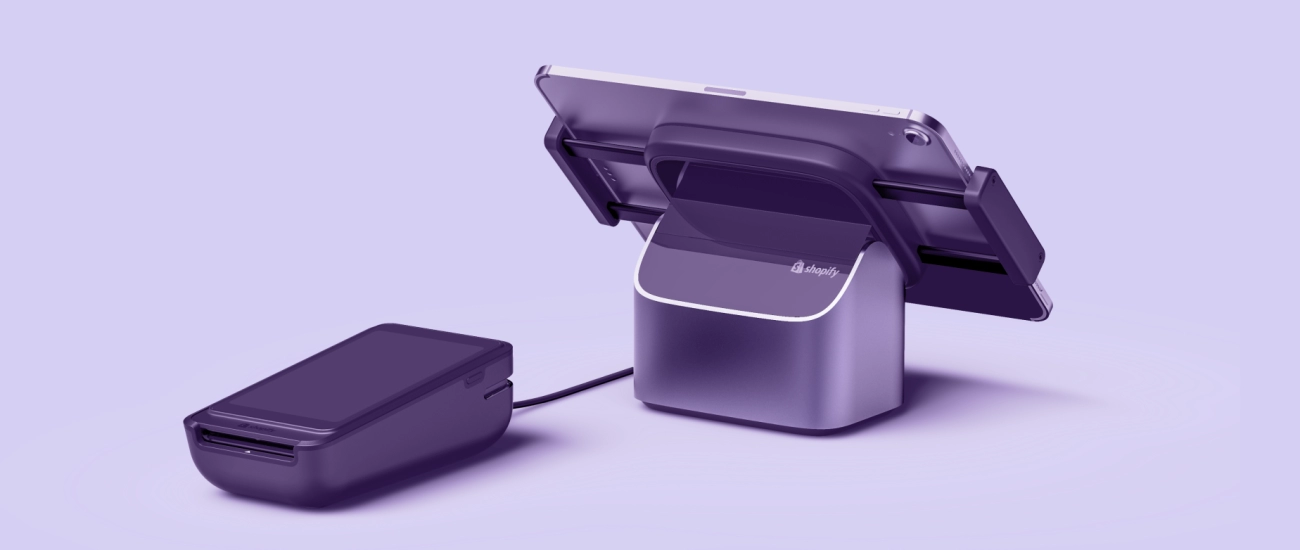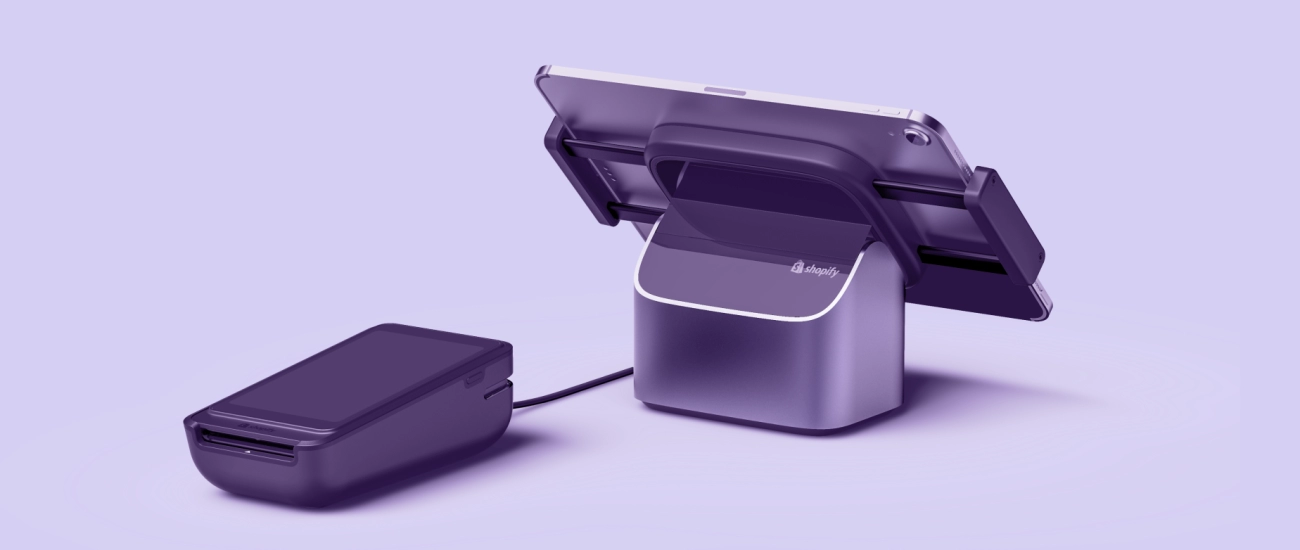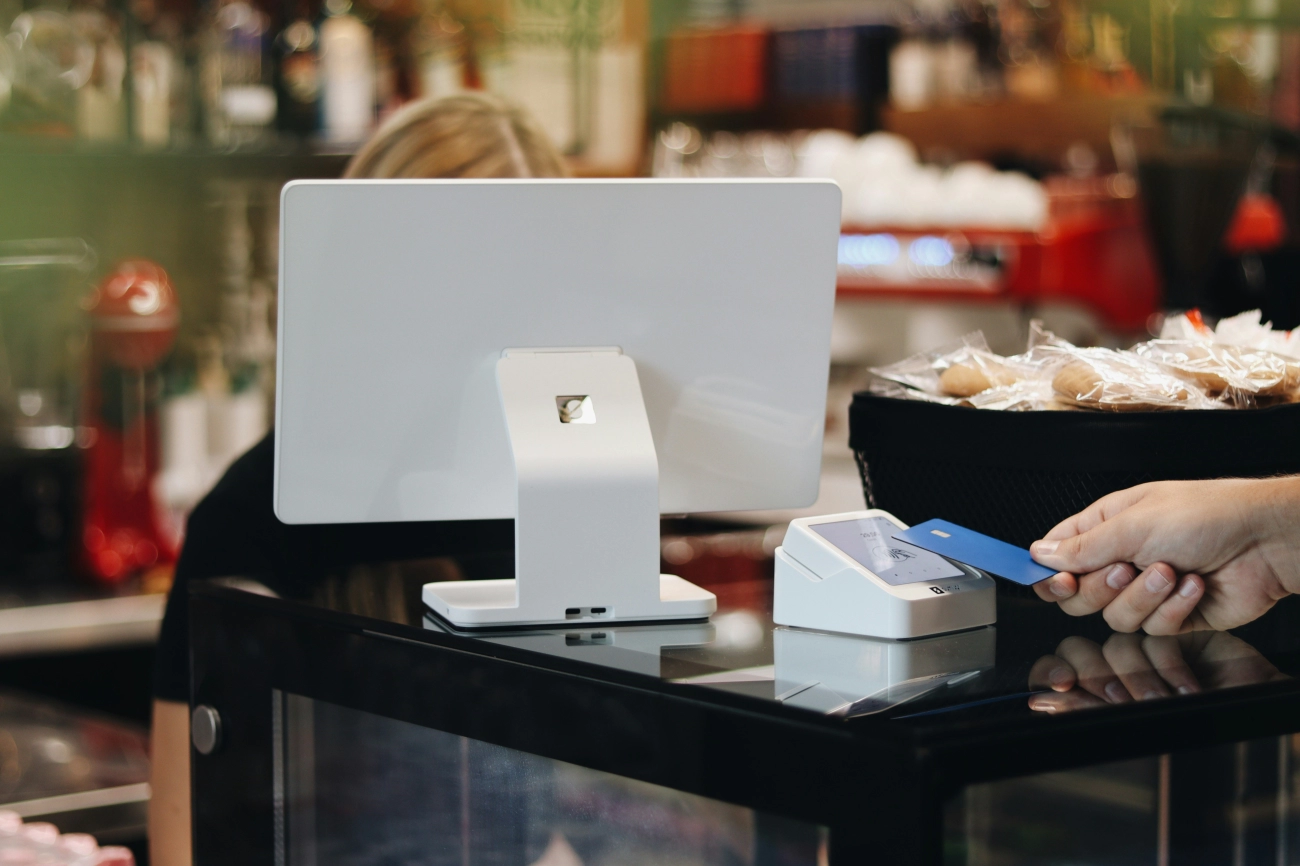What Are Point of Sale Cash Register Systems Features and Benefits

What is a Point of Sale Cash Register System

If you run a business, you might wonder how to handle sales efficiently while keeping track of inventory and customer data. That’s where a Point of Sale (POS) cash register system comes in. It’s more than just a cash drawer—this technology streamlines everyday transactions and business management tasks.
Definition and Basic Components
A POS cash register system is an integrated setup that combines hardware and software to process sales, manage inventory, and handle payments. Unlike traditional cash registers that simply total prices and open a cash drawer, modern POS systems provide a full business solution.
Basic components include:
Hardware
- Touchscreen monitors or tablets for easy input
- Barcode scanners to speed up product checkout
- Receipt printers for transaction proof
- Cash drawers securely hold cash
- Payment terminals supporting card and contactless payments
Software
- Sales transaction management tools
- Inventory tracking and alerts
- Customer relationship management for loyalty programs
- Reporting dashboards to analyze sales and performance
How POS Systems Differ from Traditional Cash Registers
Traditional cash registers focus mainly on calculating sales and storing cash. They are limited in functionality and offer no real insights or integration. In contrast, POS cash register systems provide:
- Real-time inventory updates, preventing stockouts
- Multiple payment options, including credit cards, mobile wallets, and contactless payments
- Detailed sales reports to inform business decisions
- Ability to integrate with accounting, e-commerce, and marketing software
- Tools for customer data collection and loyalty programs
These features make POS systems indispensable for modern businesses aiming to improve accuracy and efficiency.
Examples of Common POS System Setups
Here are a few typical POS system configurations you might encounter:
| Setup Type | Description | Ideal For |
|---|---|---|
| Standalone Counter | Traditional POS with touchscreen, printer, and cash drawer | Retail shops, small boutiques |
| Tablet or Mobile POS | Portable POS apps running on tablets or smartphones | Food trucks, pop-up stores, restaurants |
| Cloud-Based Systems | Software hosted online accessible via any device | Multi-location retailers, franchises |
| Hybrid Systems | Combination of local hardware backed by cloud software | Growing businesses needing flexibility |
Understanding these setups helps you choose a POS system that fits your business’s size and needs while enhancing workflow and customer experience.
Key Features of POS Cash Register Systems

Point of sale (POS) cash register systems come packed with features designed to help businesses run smoothly and efficiently. Here’s a breakdown of the critical functions that modern POS systems offer, tailored to meet the needs of retailers, restaurants, and service providers alike.
Sales Processing and Transaction Management
At their core, POS cash registers streamline the checkout process by handling sales quickly and accurately. They:
- Process multiple payment types including cash, credit/debit cards, and contactless payments like Apple Pay or Google Pay
- Calculate taxes automatically, ensuring compliance with local tax laws
- Support split transactions and refunds, reducing manual errors and improving accountability
Inventory Tracking and Management
One of the major benefits of POS systems is real-time inventory tracking. This feature helps businesses:
- Monitor stock levels to prevent overstocking or stockouts
- Automatically update inventory as sales occur
- Receive alerts when items need restocking, helping maintain smooth operations
Customer Data Collection and Loyalty Integration
POS cash registers also serve as customer relationship tools by:
- Collecting and storing customer data such as purchase history and preferences
- Enabling loyalty programs and rewards, which encourage repeat business
- Supporting customized promotions and discounts based on customer behavior
Reporting and Analytics for Business Insights
Understanding how your business performs is crucial. Modern POS systems generate detailed reports for:
- Sales trends by product, category, or time period
- Employee performance and cash drawer reconciliation
- Inventory turnover and profit margins
These insights enable smarter, data-driven decisions to boost profitability.
Payment Processing Options
A flexible POS system will support a variety of payment options, including:
- Traditional cash handling
- Chip and swipe card readers
- NFC technology for contactless payments
- Mobile wallet integrations, enhancing convenience for customers
Integration Capabilities
Today’s POS registers don’t work in isolation. They connect seamlessly with:
- E-commerce platforms for unified sales tracking across channels
- Accounting software to simplify bookkeeping and tax filing
- Third-party tools like marketing apps or supplier management systems, expanding functionality
| Key Feature | Benefit |
|---|---|
| Sales and Transaction Management | Faster checkouts, fewer errors |
| Inventory Management | Accurate stock info, fewer shortages |
| Customer Data & Loyalty | Stronger relationships, repeat sales |
| Reporting & Analytics | Data-driven business decisions |
| Payment Processing Options | Convenience and flexibility |
| Integration Capabilities | Streamlined operations across systems |
By combining these features, a POS cash register system becomes more than just a sales tool—it transforms into an essential asset that grows alongside your business. For a deeper dive into the best point of sale system features, you can visit POS system features.
Ready to upgrade from older models? Consider how these features can solve common pain points associated with outdated cash registers discussed here: Common issues with outdated cash registers.
Benefits of Using POS Cash Register Systems for Businesses

Using a POS cash register system offers clear advantages that help your business run smoother and smarter. Here’s why many businesses in the U.S. choose these systems over traditional methods:
Faster Transactions and Greater Efficiency
With a POS system, checkout is quicker. Automated scanning and payment processing means customers spend less time waiting. This boosts transaction speed and keeps lines moving, which is key for busy retail stores or restaurants.
Improved Accuracy and Reduced Errors
Manual entry can cause mistakes—wrong prices, missed discounts, or miscounted cash. POS systems automatically calculate totals, apply taxes, and track payments, cutting down human errors significantly and ensuring your numbers are right.
Better Inventory Control and Management
POS software often includes real-time inventory tracking, so you always know what’s in stock and what needs reordering. This prevents overstock or stockouts, improves cash flow, and keeps customers happy with product availability.
Enhanced Customer Experience and Loyalty Programs
Many POS systems gather customer info at checkout, helping you build loyalty programs and personalized promotions. This data allows you to reward repeat buyers and tailor marketing, creating a better shopping experience and increasing customer retention.
Detailed Sales Reports for Smarter Decisions
POS systems generate comprehensive reports by day, week, or month. These insights highlight best-selling items, peak hours, and sales trends, giving you the tools to make informed business decisions and spot growth opportunities.
Compliance with Tax and Security Regulations
POS registers automatically calculate taxes based on your location, keeping you compliant with U.S. federal and state regulations. Plus, they support secure payment processing methods, including EMV chip, contactless, and PCI compliance, safeguarding your customers’ data and your business.
Table of Key Benefits
| Benefit | Description | Impact |
|---|---|---|
| Faster Transactions | Automated scanning and checkout | Reduced wait times and long lines |
| Improved Accuracy | Auto-calculated totals and taxes | Fewer mistakes, accurate reporting |
| Inventory Management | Real-time stock tracking | Optimize stock levels, cut losses |
| Customer Loyalty | Data collection and rewards | Improved customer retention |
| Detailed Reporting | Sales trends and analytics | Better business decisions |
| Tax and Security Compliance | Automatic tax calculations and secure payment handling | Avoid fines and protect data |
Choosing a POS cash register system means equipping your business with tools designed for speed, accuracy, and better customer relationships—all of which add up to smarter operations and increased profits.
Types of POS Cash Register Systems Available
When choosing a POS cash register system, understanding the different types available can help you find the right fit for your business. Each system offers unique features tailored to various industries like retail, restaurants, and services.
Traditional Standalone POS Registers
These are the classic bulky cash registers most people picture. They come with built-in hardware like a cash drawer, receipt printer, keypad, and display. These systems are typically self-contained, meaning all software runs locally on the device without internet dependency.
- Best for small or fixed-location stores with simple sales processing needs.
- Limited integration options but highly reliable for fast, offline transactions.
If you want a detailed comparison, check out the differences between electronic cash registers and mechanical ones.
Mobile and Tablet-Based POS Systems
Mobile POS solutions use smartphones or tablets combined with card readers and accessories. They are highly portable and great for businesses on the move.
- Ideal for pop-up shops, delivery services, or table-side ordering in restaurants.
- Offer flexibility with wireless payment terminals and simple apps.
- Usually paired with cloud software to sync data in real-time.
Cloud-Based POS Systems
Cloud POS systems run on web-based platforms, accessible through any internet-connected device. These systems store data securely online, which means updates, backups, and reports are automatic.
- Perfect for businesses requiring multi-location management and remote monitoring.
- Provide advanced reporting, inventory tracking, and integration with e-commerce platforms and accounting software.
- Support contactless payment POS terminals and card processing without bulky hardware.
Hybrid POS Systems
Hybrid systems blend local software with cloud services. They store sales data on the device for offline use but sync it to the cloud once reconnected.
- Useful for businesses with unreliable internet but who want cloud benefits like reporting and backups.
- Offer flexibility while maintaining transaction reliability during outages.
Matching POS Systems to Business Types
| Business Type | Recommended POS System | Why It Fits |
|---|---|---|
| Retail Stores | Cloud-based or traditional standalone | Inventory management and multi-store oversight; fast checkout. |
| Restaurants | Mobile/tablet-based or hybrid | Table-side ordering, mobile payments, offline sync options. |
| Service Providers | Mobile POS or cloud-based | Flexible invoicing, on-the-go payments, remote access. |
Choosing the right system depends on your transaction volume, business model, and technology comfort level. For example, high-traffic retail businesses often benefit from cloud-based cash register systems with strong inventory management POS software, whereas small local shops might prefer a traditional standalone register.
For more specific needs in luxury retail, you can explore cash register suppliers for luxury retail.
How to Choose the Right POS Cash Register System for Your Business
Picking the right POS cash register system is crucial for smooth operation and growth. Here’s what to focus on when deciding which system fits your business needs, whether you run a small local shop, a busy retail store, or a restaurant.
Assess Your Business Size and Transaction Volume
- Small businesses with low daily transactions might need a simple mobile or tablet-based POS.
- Medium to large retailers or restaurants usually benefit from more robust cloud-based or hybrid POS systems that can handle higher sales volume.
- Consider peak times and sales frequency to ensure your system doesn’t slow down your checkout process.
Consider Essential Features and Integrations
Make sure the POS system includes features that truly matter for your operation:
- Sales processing with options for cash, card, and contactless payments.
- Inventory tracking that updates in real-time to avoid stockouts.
- Customer loyalty programs and data collection to boost repeat business.
- Integration with your accounting software for easier bookkeeping.
- Support for e-commerce platforms if you sell both in-store and online.
Budget and Cost Benefit Analysis
- List out upfront costs (hardware, software licenses) and ongoing fees (subscriptions, payment processing).
- Compare systems based on value, not just sticker price. A system that saves time and reduces errors often pays for itself.
- Include costs for installation, training, and upgrades in your budget review.
Importance of Reliable Suppliers Like SDLPOS
- Choose suppliers known for trustworthy products and local support like SDLPOS.
- Local presence means faster response times and easier access to repairs or assistance.
- Supplier reliability directly impacts your business continuity.
After-Sales Support and System Scalability
- Ensure the system provider offers strong after-sales support including training, troubleshooting, and updates.
- Growth matters — select a POS system that can scale as your business expands (more terminals, added features).
- Confirm how easy it is to upgrade or customize without starting over.
| Key Factors | What to Look For |
|---|---|
| Business Size | Match system capacity to sales load |
| Features | Inventory, payment, loyalty, reports |
| Budget | Upfront and ongoing costs balanced |
| Supplier Reliability | Local support and solid reputation |
| After-Sales & Support | Training, updates, fast help |
| Scalability | Grow with your business needs |
Why Choose SDLPOS for Your POS Cash Register System Needs
When selecting a POS cash register system, partnering with the right supplier is essential. SDLPOS stands out as a top choice for businesses across the United States, offering a range of products and services tailored to meet diverse retail and service needs.
Wide Range of POS Products and Services
SDLPOS provides a comprehensive lineup of POS solutions, including:
- Cloud-based and mobile POS systems for flexible operation
- Traditional and hybrid cash register systems for various business sizes
- Payment processing devices supporting cash, card, and contactless payments
- Inventory management POS software integrated with sales tracking
- Systems designed for specific industries like retail, restaurants, and franchises
Their versatile product range ensures you find a fit whether you run a small boutique or a large franchise.
Local Presence with Expert Support
Having a local support team in the U.S. means faster help and easier communication. SDLPOS excels in providing:
- On-site technical assistance and setup
- Responsive customer service for troubleshooting
- Training resources for smooth onboarding
- Continuous system updates and maintenance advice
Prompt and knowledgeable support helps prevent downtime and keeps your business running efficiently.
Customizable Solutions for Every Industry
SDLPOS recognizes that no two businesses are the same. Their POS solutions are highly customizable, allowing adjustments like:
- Tailored inventory features for retail or wholesale
- Menu management for restaurants and cafes
- Loyalty program integration for customer engagement
- Accounting software compatibility for smoother bookkeeping
This flexibility ensures your POS system grows with your business demands.
Proven Success with Testimonials and Case Studies
SDLPOS has a track record of satisfied customers across various sectors. Many businesses highlight:
- Improved transaction speed and accuracy
- Enhanced inventory tracking and control
- Seamless integration with payment options
- Better business insights through detailed reporting
You can explore real-world examples on their site to see how other U.S. businesses benefit from SDLPOS solutions.
Getting Started with SDLPOS
Starting with SDLPOS is straightforward:
- Assess your business needs—consider size, transaction volume, and required features.
- Contact SDLPOS for a consultation to explore the best system options.
- Choose a system that fits your budget and operational requirements.
- Schedule installation and training with their support team.
- Begin using your POS system with ongoing assistance available.
To explore various cash register systems with fast delivery, check out SDLPOS’s extensive range at cash register systems with sameday delivery.
